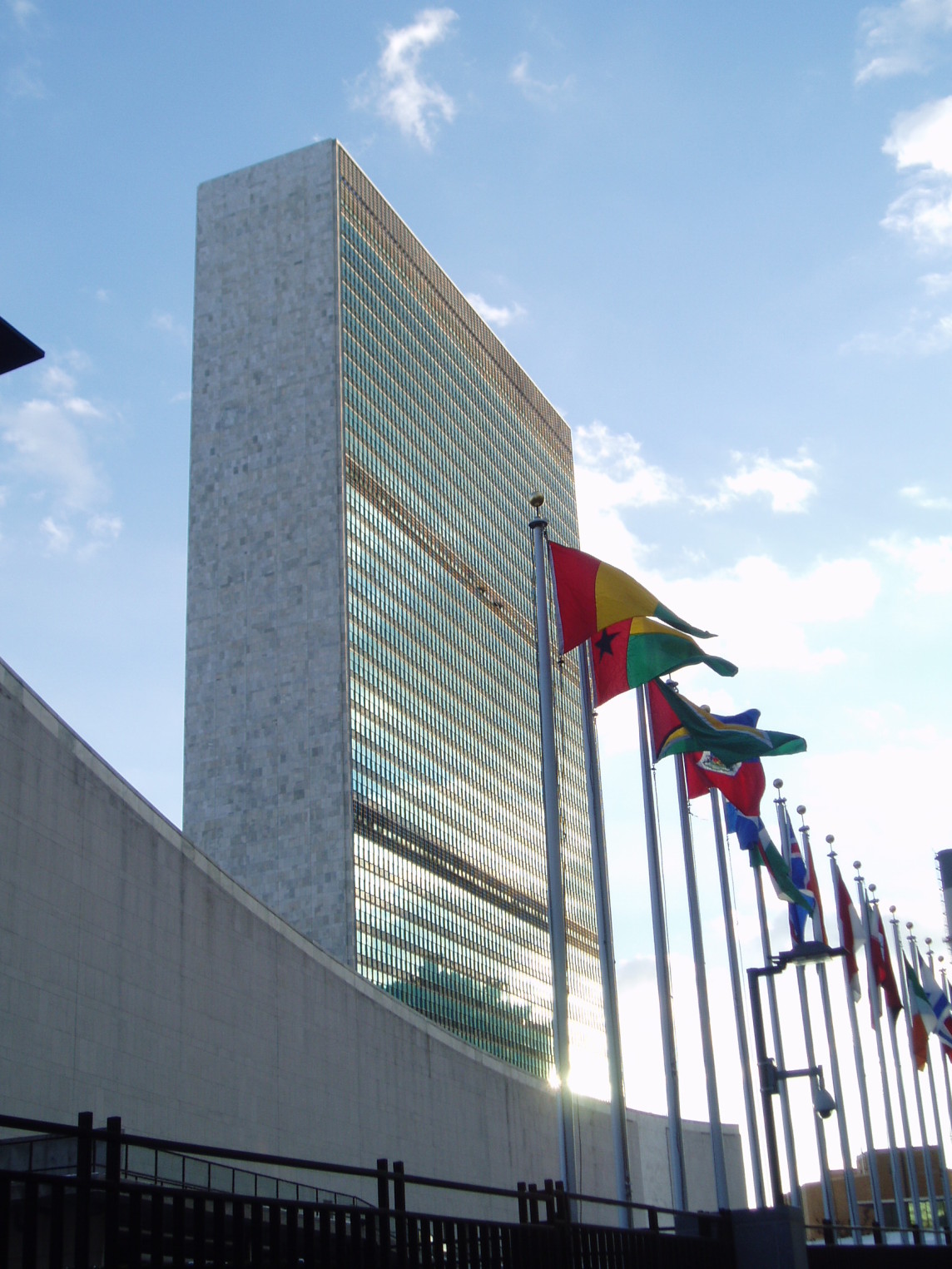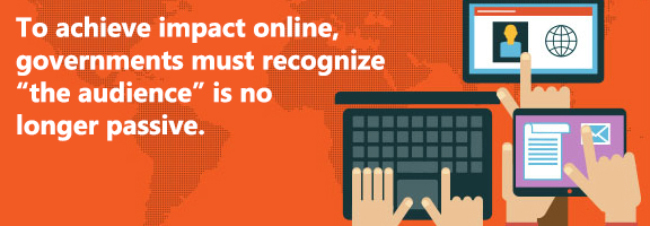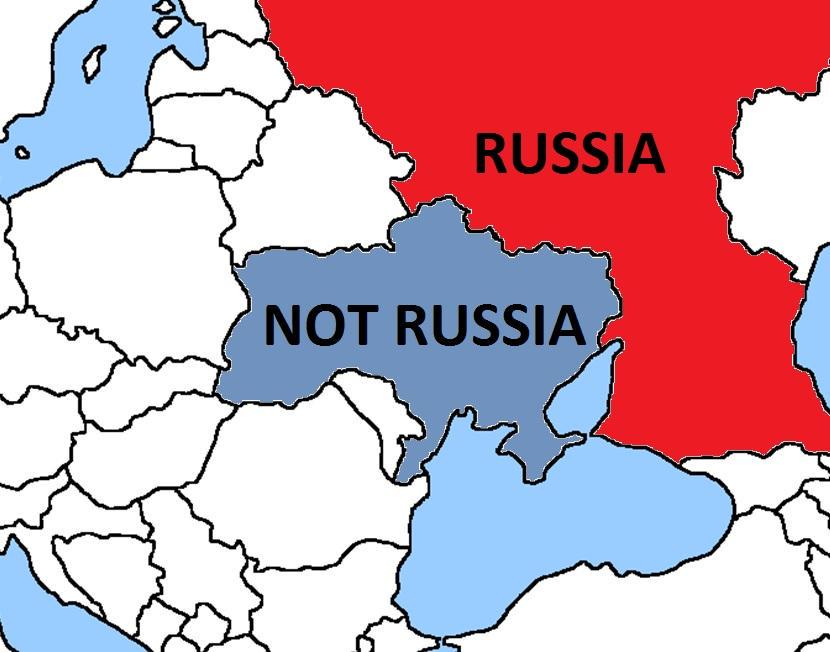The first UN Social Media Day will take place at UN Headquarters on Friday, January 30, 2015. UN grounds pass holders are welcome to attend the event, featuring panel discussions and briefings by high-profile experts about the constantly changing social media landscape.
Social media professionals, digital diplomacy practitioners and academics will share their experience, discuss trends and provide interesting insights into their work.
- Tweeting from the Top: Ambassadors and Digital Diplomacy
- Making the Most of Social Media Platforms
- Social Media Trends for 2015
Three short “TED” style talks will also showcase how three different organizations have used the power of digital media to create online movements through strategic storytelling, community-generated content and amplifying action.
This one-day event is jointly organised by the UN Department of Public Information’s Social Media Team, the Digital Diplomacy Coalition, the Consulate General of Canada, the Permanent Mission of Canada to the United Nations, the New Zealand Permanent Mission to the United Nations, the Permanent Mission of the Kingdom of the Netherlands to the United Nations, and the Consulate General of Switzerland.
More details here.





